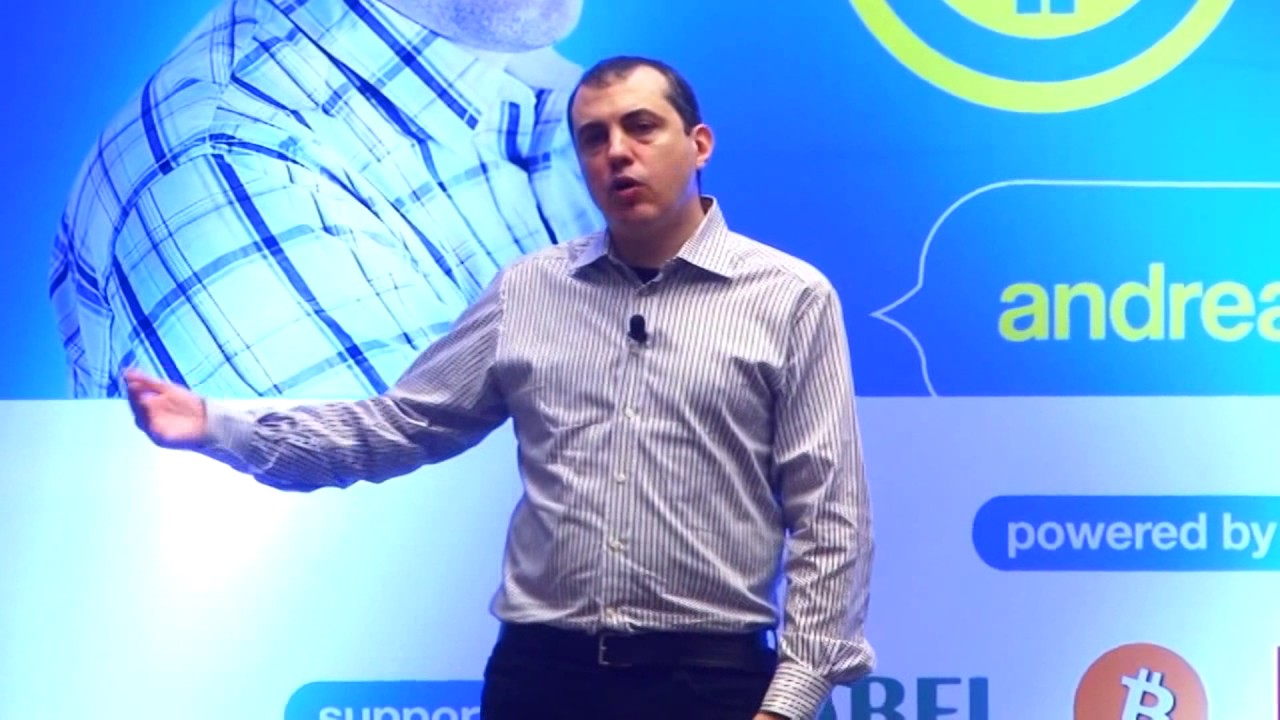The role that full nodes play in security of the network. People focus a lot on mining, which has a fundamental role in the network but is not necessarily the most interesting feature of the constellation of technologies involved. The Border Gateway Protocol (BGP) is the most essential protocol underlying the world’s routing system, and you use it every single day without knowing it, just as you are oblivious to the vast filtration system allowing you to drink clean water from a fountain. A node is a computer that is participating the global peer-to-peer Bitcoin network. They propagate transactions and blocks everywhere. Full nodes act independently as authoritative verifiers. Onion routing. Double-spending protection. Levels of isolation for untrustworthy nodes. Why would you run one? To be in control of your money – your keys, your money. You don’t trust anyone else to tell you what the truth is, you cross-check every claim yourself. Be part of the revolution in money.
This is part of a talk which took place at the JW Marriott Sahar (International Airport) on March 26th 2017 in Mumbai, India: https://www.townscript.com/e/bitcoin-talk-by-the-world-famous-andreas-antonopoulos-203132
RELATED:
Lightning, full nodes, and miners – https://youtu.be/dlJG4OHdJzs
Hard Promises, Soft Promises: Promoting Autonomy instead of Authority https://youtu.be/UJSdMFPjW8c
Innovations in wallet design – https://youtu.be/K5Ei3_D8LQ8
How to get people to care about security – https://youtu.be/Ji1lS9NMz1E
Andreas M. Antonopoulos is a technologist and serial entrepreneur who has become one of the most well-known and well-respected figures in bitcoin.
Follow on Twitter: @aantonop https://twitter.com/aantonop
Website: https://antonopoulos.com/
He is the author of two books: “Mastering Bitcoin,” published by O’Reilly Media and considered the best technical guide to bitcoin; “The Internet of Money,” a book about why bitcoin matters.
THE INTERNET OF MONEY, v1: https://www.amazon.co.uk/Internet-Money-collection-Andreas-Antonopoulos/dp/1537000454/ref=asap_bc?ie=UTF8
MASTERING BITCOIN: https://www.amazon.co.uk/Mastering-Bitcoin-Unlocking-Digital-Cryptocurrencies/dp/1449374042
[NEW] MASTERING BITCOIN, 2nd Edition: https://www.amazon.com/Mastering-Bitcoin-Programming-Open-Blockchain/dp/1491954388
Subscribe to the channel to learn more about Bitcoin & open blockchains!
Videography: Zebpay Bitcoin India
Music: “Unbounded” by Orfan (https://www.facebook.com/Orfan/)
Outro Graphics: Phneep (http://www.phneep.com/)
Outro Art: Rock Barcellos (http://www.rockincomics.com.br/)
source











Powerful and yet simple explanation. Reminds me Richard Feynman way of explaining things
this is the real bitcoin jesus, but he doesnt need to advertise it because AA knows hes king.
I guess he meant peta hash not pico – in the question.
I am new in this field of blockchain , and after learning alot about mining and nodes I just have one question. WHAT IS THE INCENTIVE FOR A NODE just like there is an incentive for miner of there isnt any benifit for NODE what keeps it operating
BEAST MODE!!!!
is it possible for a node to contract a virus and spread across the blockchain?
Clear explanation!!!^^
Antonopoulos, come to Brazil!!!!!!!
Nodes act as an authoritative verifier of transactions on the blockchain. Took half, the video..but we got there.
WOW..not only a great question but a great answer too. excellent speaker.
My first time listening to Andreas. This guy is a beast! Sub'd
Great question & top answer
You do a great job explaining things–THANK YOU!
Great explanation of the role of nodes at 6:30. "Miners get the transactions that nodes decided were valid and they give back blocks at the pleasure of the nodes that will decide if they are worthy of being propagated because they are valid."
One important thing for running a really active and useful btc node – public IP
Otherwise you just have a copy of blockchain for yourself not for the whole btc network..
the best video i have seen this year 2018 jeje
This is pretty misleading though. Non-mining nodes do not "create" or add to the consensus. They just monitor the consensus that is being created by the miners to see if anything is different than expected.
Bottom line is that non-mining nodes don't create consensus. They just check to see what it is.
Just awesome! Great information.
I'm running out of "Thumbs Ups" to give to this man.. YouTube is going to ban me if I keep thumbing up his speeches! But I just.. Can't.. Help it!
Brilliant as usual
Again another great info…..
Andreas, it's my understanding that Full nodes validate transactions and place them in blocks. But a full node must have hashpower behind it. "Full" non mining nodes can't validate transactions for the network and only receive and validate blocks that are already on chain. They have practically no effect on the network outside of your personal benefit. Can you explain if I have a misunderstanding?
What is the use of building your own node. I mean how is it profitable for me to know that the transaction occurred. Plz Reply
Andreas A. a le verb.
Beautiful
That was honestly a really fantastic answer and explained very well
So it is the nodes that secure the block chain network not the miners.
Full disclosure: This man is Satoshi Nakamoto. Love to listen to all his talks about bitcoin.
Keeps coming back to this video. One of my absolute favourite. Your knowledge and inspiring way of sharing this is addictive! It sparks a wish to learn more. Thank you for doing that!
ANDREAS. AWESOME SPEECH. LOVED IT>>>>> KEEP IT UP>>>>
#aantonop I understand that miners receive BTC for the work they do in creating the currency, which is well deserved as they not only have to purchase very expensive hardware, but have to keep updating it regularly to keep pace with the ever increasing difficulty level to do so. It would seem, at this stage, that although running a full node is considered very important and desirable (probably vital) to protect the code and validate the transactions, those who run a full node (currently 123GB of data last I checked) 24/7 are not compensated (at all) for the costs they are incurring to do so. To that end, it seems reasonable to me that a small payment should be introduced and paid to full node operators for providing this service, which could only be viewed as beneficial in the protection of the entire network. A small payment would also incentivise others to run full nodes and so further strengthen the system. I guess the issue then is, if this were to happen, how would it be levied or paid and by whom? Your thoughts?
03:33: What is "hidden" port?